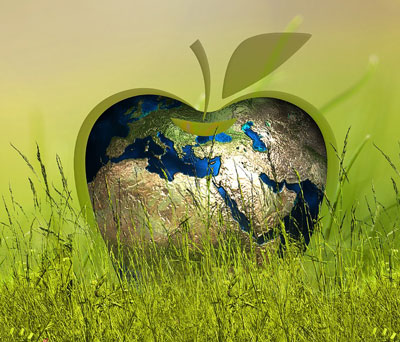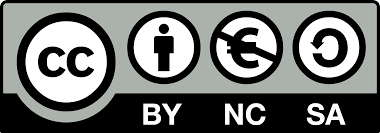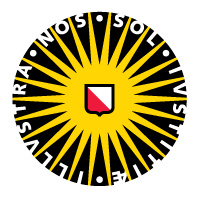Colofon
Het arrangement Can the earth feed us? is gemaakt met Wikiwijs van Kennisnet. Wikiwijs is hét onderwijsplatform waar je leermiddelen zoekt, maakt en deelt.
- Auteur
- Laatst gewijzigd
- 14-11-2024 11:32:12
- Licentie
-
Dit lesmateriaal is gepubliceerd onder de Creative Commons Naamsvermelding 4.0 Internationale licentie. Dit houdt in dat je onder de voorwaarde van naamsvermelding vrij bent om:
- het werk te delen - te kopiëren, te verspreiden en door te geven via elk medium of bestandsformaat
- het werk te bewerken - te remixen, te veranderen en afgeleide werken te maken
- voor alle doeleinden, inclusief commerciële doeleinden.
Meer informatie over de CC Naamsvermelding 4.0 Internationale licentie.
Aanvullende informatie over dit lesmateriaal
Van dit lesmateriaal is de volgende aanvullende informatie beschikbaar:
- Toelichting
- Shortage of food on a global scale is increasing every day as the size of the worlds' population grows. In addition, climate change raises new and future problems for local food production. Food shortage has no simple, straight forward solution. Possible solutions should encompass not only political and environmental issues, but also multicultural issues such as differences in culture, religion and diet. Food is a necessity in the life of every student and therefore relevant and easy to relate to. The context promotes students' multicultural thinking and fundamental values.
- Leerniveau
- VO;
- Leerinhoud en doelen
- Gezond en redzaam gedrag; Maatschappijwetenschappen; Biologie; Sociaal-emotionele ontwikkeling; Lezen; ; Rekenen/wiskunde; Wereldoriëntatie; Burgerschap; Consumptief - horeca; Aardrijkskunde; Natuur;
- Eindgebruiker
- leerling/student
- Moeilijkheidsgraad
- gemiddeld
- Studiebelasting
- 0 uur 50 minuten
- Trefwoorden
- icse_en/about/index.php?language=0, masdiv_en
Gebruikte Wikiwijs Arrangementen
Freudenthal Instituut. (z.d.).
Sjabloon [NIET WEGGOOIEN OF AANPASSEN!]
https://maken.wikiwijs.nl/207790/Sjabloon__NIET_WEGGOOIEN_OF_AANPASSEN__




 Universiteit Utrecht
Universiteit Utrecht




